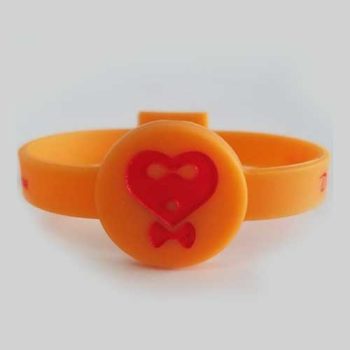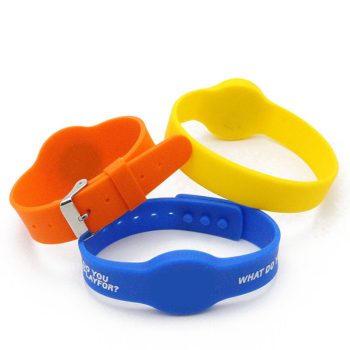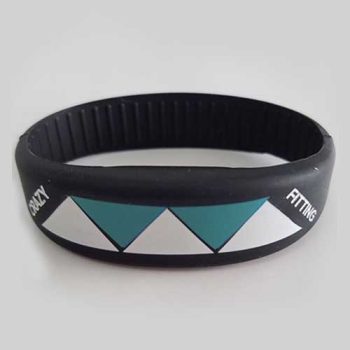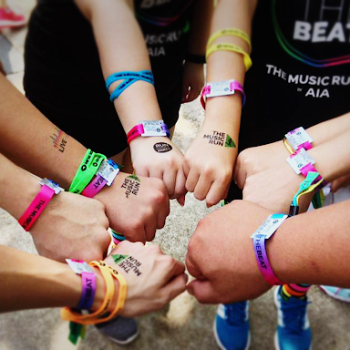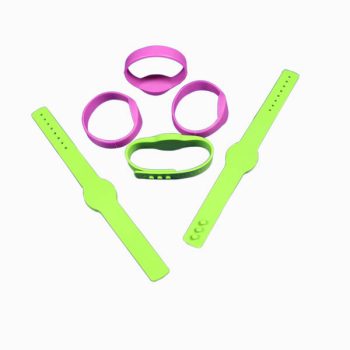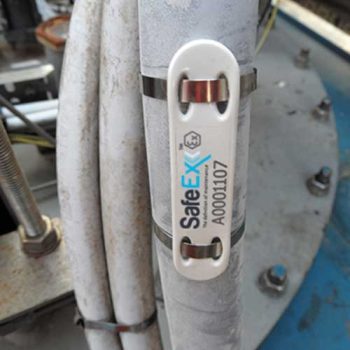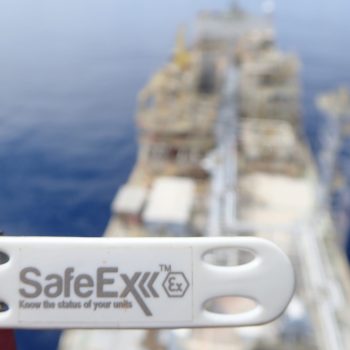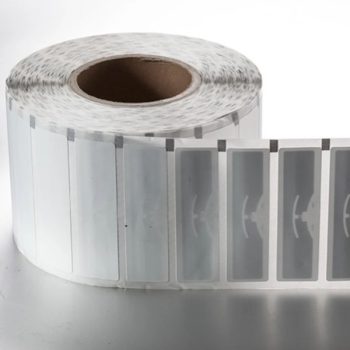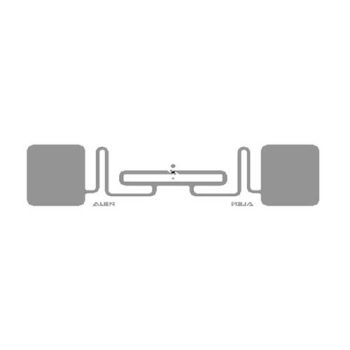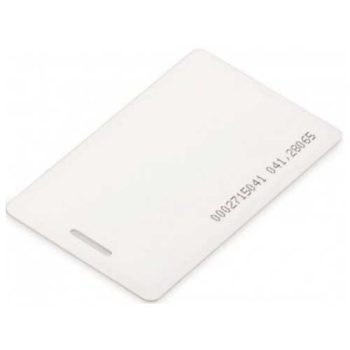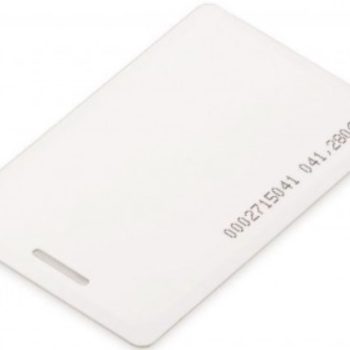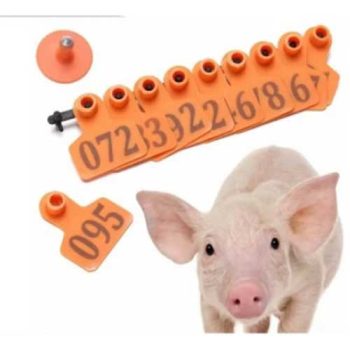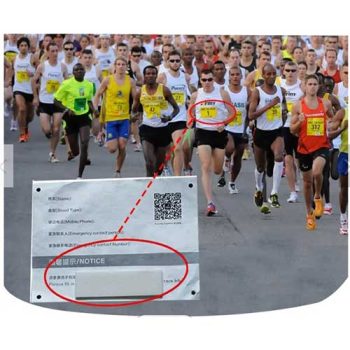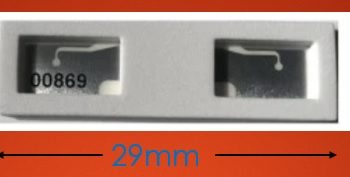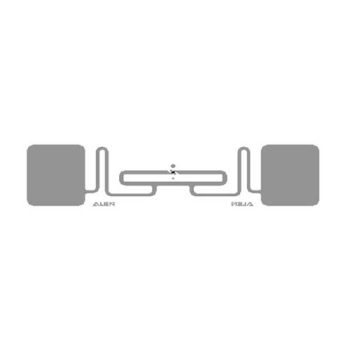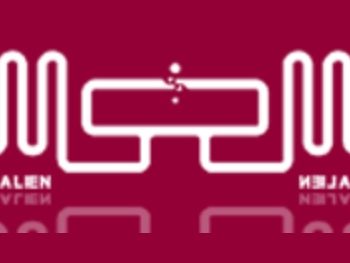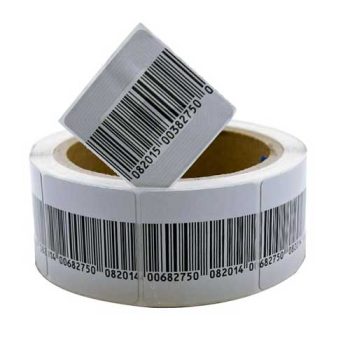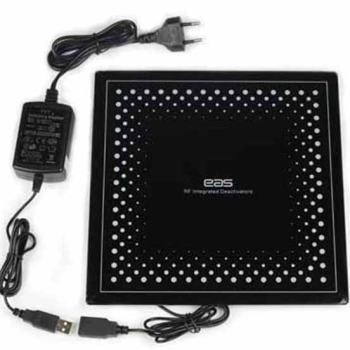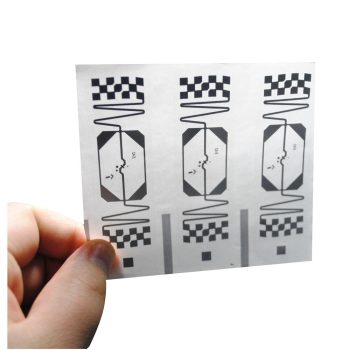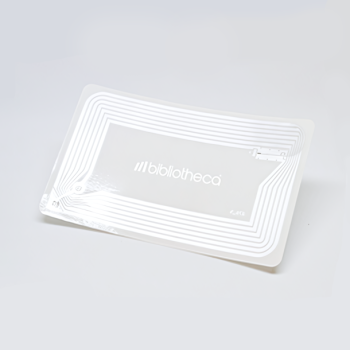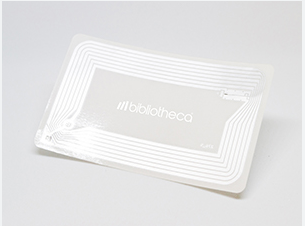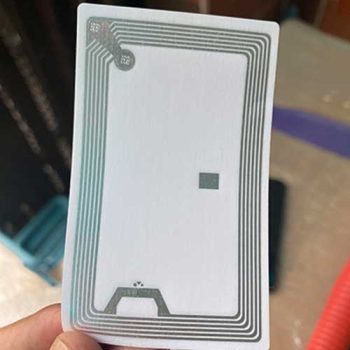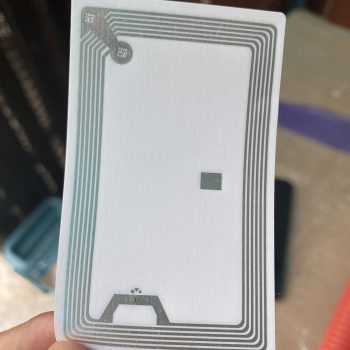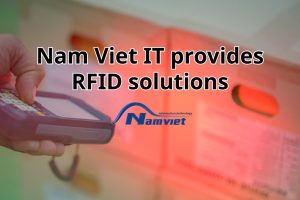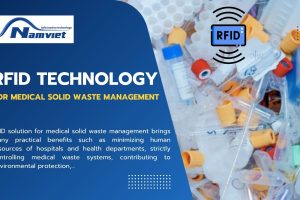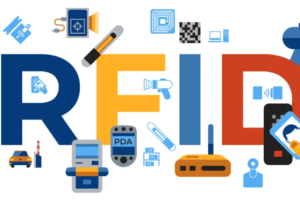The healthcare industry has been facing significant challenges in managing patient information, tracking and managing assets, medical equipment, etc. In that context, RFID is considered a potential solution, bringing outstanding benefits to healthcare facilities today. The following article by IT Nam Viet will delve into RFID chip applications in healthcare management, while analyzing the benefits, challenges and solutions for effective application of this technology.

RFID Chip Applications in Healthcare Management
Here are the RFID applications in healthcare management and operations, including:
RFID applications in medical examination and treatment registration
The application of RFID technology in medical examination and treatment registration will help both patients and medical staff optimize time, minimize errors and thereby improve efficiency in medical operations and management.
RFID allows people to register for medical examination and treatment via RFID cards or RFID bracelets, simply, quickly, minimizing waiting and queuing time. In addition, instead of carrying identification documents, by using RFID medical cards, medical facilities can easily look up patient information, medical examination and treatment history at the medical facility, … In particular, with RFID solutions in healthcare, patients can choose their own examination schedule, doctor, … through the online registration system.
For medical staff, RFID allows for process automation, reducing workload, thereby reducing costs for facility operations personnel. RFID is also a powerful tool in managing medical appointments, avoiding duplication or overload, thereby enhancing the level of professionalism and reputation of hospitals and healthcare facilities.
RFID solution application for tracking patients and medical staff
RFID technology brings many benefits in tracking patients and medical staff in hospitals and health care facilities. Specifically as follows:
RFID bracelets are attached to patients, containing detailed information about the patient’s name, medical history, current medications, medical examination and treatment history, etc. Based on that, medical staff can easily control the patient’s current condition, thereby getting the most effective treatment direction.
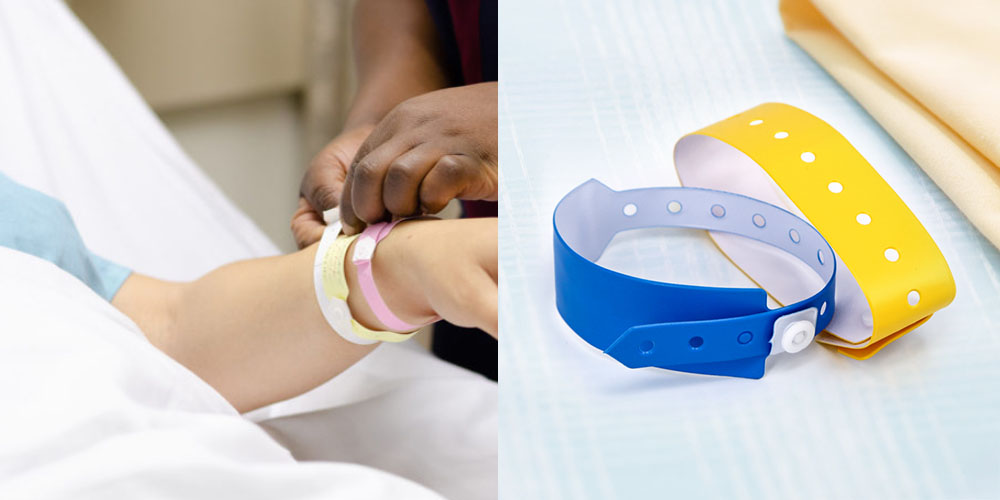
Popular RFID bracelet models today:
On the other hand, RFID helps locate patients in hospitals, especially for patients with dementia, the elderly and children. RFID allows the automation of the process of updating and accessing medical records, thereby minimizing manual errors, saving time, and enhancing security effectively.
Regarding tracking medical facility staff, RFID allows for the location of staff in the facility, helping to coordinate work quickly. In addition, RFID allows recording of staff working hours, access control, security management, etc.
RFID in drug warehouse tracking and management
Each batch of drugs will be tagged with an RFID tag containing information about the origin, manufacturer, batch number, production date, expiry date, etc. Accordingly, RFID allows for the automation of the process of recording and tracking inventory, thereby determining the location and quantity of each type of drug. And this technology also helps medical facilities avoid the import of counterfeit and poor quality drugs.

RFID allows tracking of drug quantities in real time, automatic updates when entering and leaving the warehouse, automatic warning system when drugs are about to expire or are in very low quantity,… Thanks to RFID application, the process of drug inventory in the warehouse becomes many times simpler, saving time and staff costs.
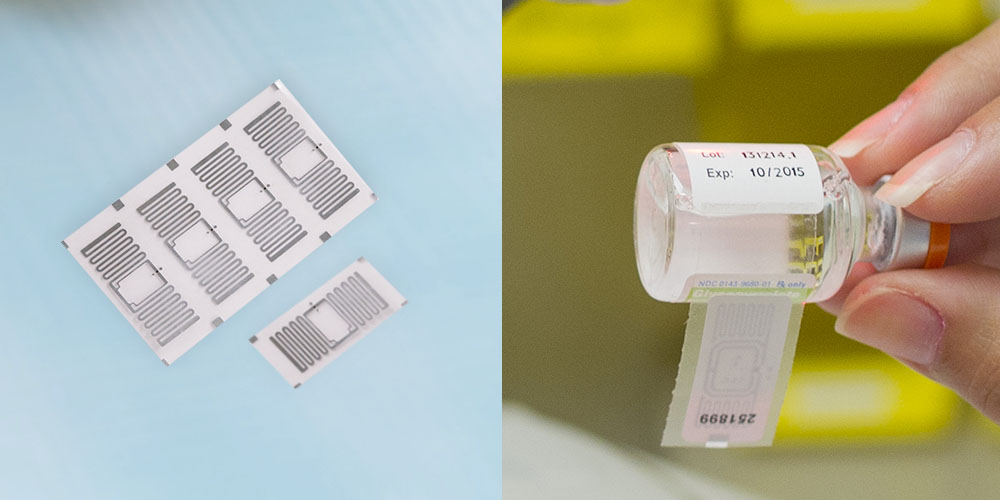
RFID label collection best seller this year:
RFID application in tracking and managing medical equipment and assets
Each medical device is attached with an RFID label containing information about its name, type, location, maintenance history, etc. Based on that, medical staff can easily search for the necessary equipment through a handheld RFID reader, helping to save time effectively. In addition, RFID also helps record the maintenance history of each device including the time, performing unit, etc. In particular, RFID also effectively prevents loss and theft of equipment.
Controlling access to medical facilities with RFID
Thanks to the application of RFID solutions in the management and operation of medical facilities, security and confidentiality issues will be almost absolutely guaranteed. Those who have the right to access restricted areas of hospitals and medical facilities will be issued their own RFID plastic cards. This helps limit unauthorized access and prevent theft that leads to damage to the facility.
The RFID system helps record employee entry and exit times, restricting access to important areas such as laboratories, finance rooms, etc. In addition, RFID is also used to control vehicles entering and exiting the hospital gate, helping to manage smart parking lots, ensuring absolute security.
RFID application in hospital laundry management
Each fabric item such as patient clothes, towels, bed sheets, pillows, mattresses, etc. will be labeled with an RFID label containing information about the fabric type, size, part used, etc. At this time, the RFID label must be able to withstand harsh laundry environments, ensuring the longevity and durability of the product. When the fabric passes through the hospital laundry rooms, the RFID reader automatically identifies and records information, manages the quantity and status of washed, being washed, stored or being used, etc., thereby helping to improve the efficiency of management and control of hospital items.
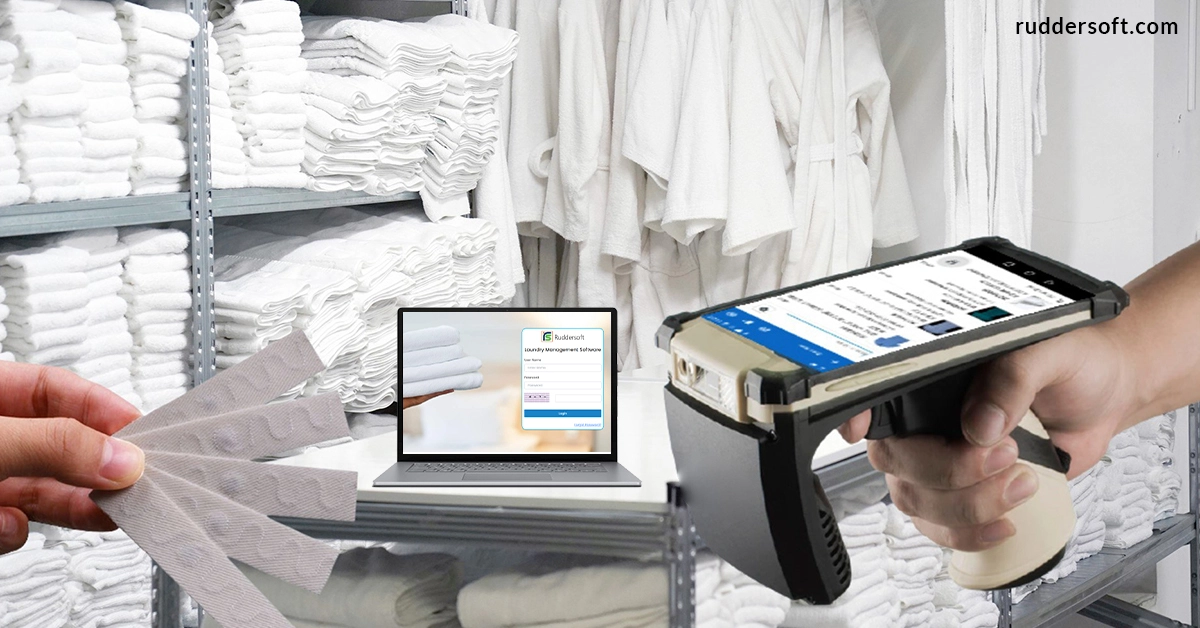
RFID application in medical solid waste management
RFID technology is capable of recording the location and movement schedule of each solid waste container in real time. Based on information about location and schedule, the RFID system helps optimize the collection and transportation route of medical solid waste, thereby saving time and cost effectively.
Regarding this issue, you can refer to the details in our following article: “RFID Solution for Medical Solid Waste Management“
Benefits of Using RFID in Healthcare
The application of RFID technology is considered a new breakthrough in the healthcare industry, improving the quality of healthcare and enhancing the management and operation process of the entire healthcare system. Specifically:
- RFID helps improve the quality of patient care, diagnose and treat diseases more effectively, monitor health at home, etc.
- RFID helps optimize the process of managing drug and pharmaceutical warehouses in real time, automatically alert when drugs are about to expire or are low, etc.
- RFID helps manage equipment and assets in hospital facilities, avoiding losses that affect the unit’s budget.
- RFID allows access control, ensuring absolute security for healthcare facilities.
- RFID helps improve user experience thanks to the fast, online medical examination and treatment registration process, avoiding long waiting times, etc. Thanks to RFID, hospitals will save on medical personnel costs, improve efficiency, demonstrate the professionalism and prestige of the unit.
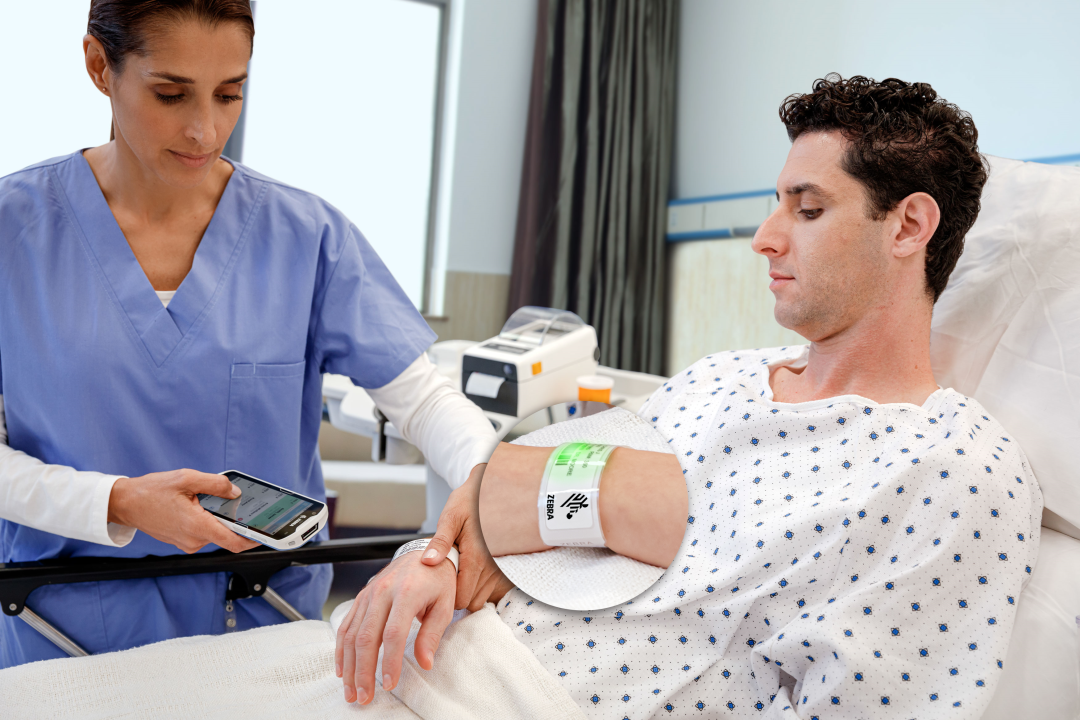
Challenges and Solutions for RFID Application in Healthcare
RFID technology is considered a comprehensive solution and brings great potential to the healthcare industry, from patient management, drug warehouse to medical equipment, assets, facility security, etc.
However, in reality, the initial cost of deploying an RFID system is quite high, including costs for RFID card readers, RFID cards, RFID printers, management software, etc. This is a significant obstacle for small and medium-sized healthcare facilities. Therefore, with more than 10+ years of experience, we advise businesses and units to consider and choose the appropriate RFID system, ensuring a balance between efficiency and investment costs.
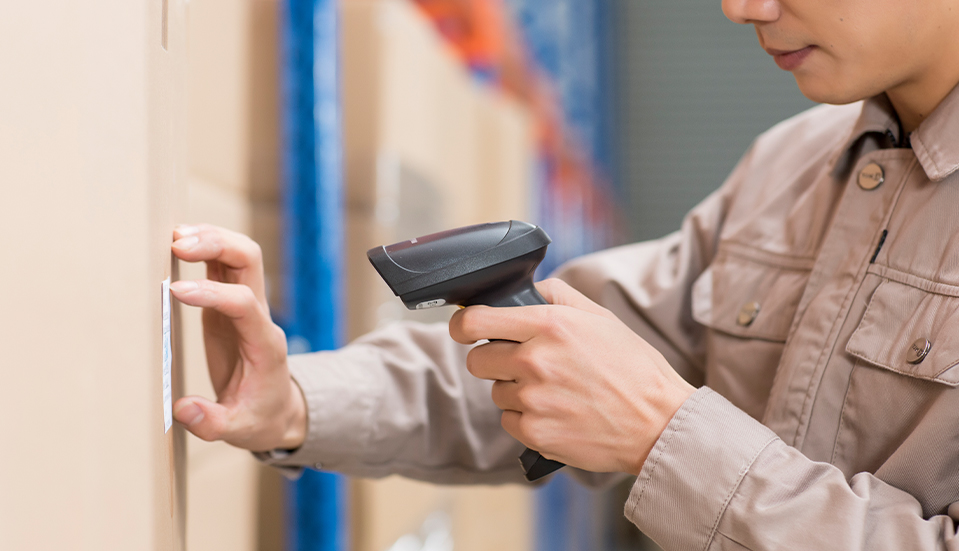
Another reality is that not all RFID systems are compatible with other management systems, so when choosing, units need to choose RFID systems that are compatible with hospital management systems to bring about the most optimal management and operation efficiency.
On the other hand, another challenge for hospitals and medical facilities is the issue of training staff to use the RFID system. Therefore, hospital and medical facility staff need to be guided in more detail about how RFID works.
In addition, during use, the system may encounter technical problems such as interference, card errors, RFID card reader problems, etc. Therefore, units need to purchase RFID equipment from reputable and reliable suppliers to ensure quality issues, clear warranty, thoughtful after-sales service, etc.
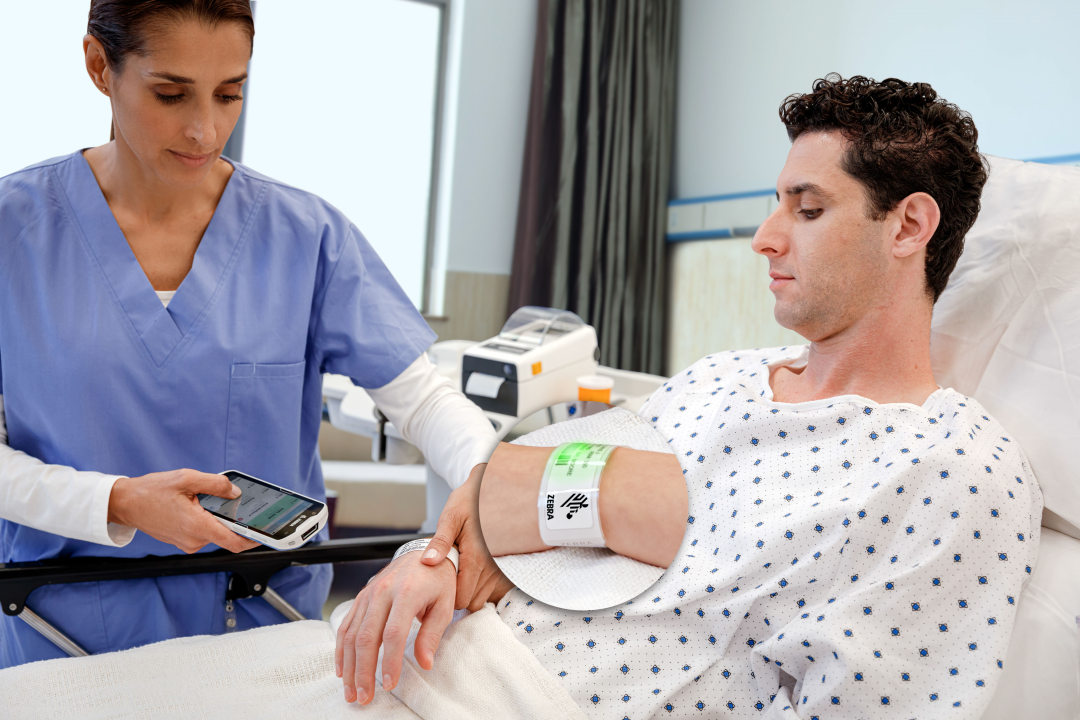
Thus, the application of RFID in the medical field will bring many practical benefits, but it also comes with many challenges. When health care facilities intend to deploy RFID, they should focus on security, compatibility, etc. Ideally, units should have close coordination with suppliers to achieve the most optimal implementation efficiency.
Frequently Asked Questions About RFID Chip Applications in Healthcare Management
Here are answers to some common questions from units about RFID applications in healthcare management, you can refer to:
Do RFID tags cause interference to medical devices?
Passive RFID tags only reflect the RF energy emitted from the RFID reader, so the possibility of radio frequency identification tags disrupting medical devices is quite low. Other components of the system, specifically the RFID antenna that emits RF energy, will interfere with medical devices if placed improperly, too close to other devices in the clinical environment.
However, a research team from Indiana University Purdue University Indianapolis (IUPUI) has found that a properly configured RFID system is safe to use around medical devices. Although the risks are considered very low, you should conduct your own EMI assessment in a safe environment.
Are RFID tags durable enough to withstand autoclave sterilization?
Some RFID tags are certainly suitable for autoclave sterilization. The Xerafy Xs metal-mounted tag has been rated for temperatures ranging from -40F to 302F (-40°C to +150°C) and is commonly embedded in surgical instruments.
Is RFID technology safe for patients?
Neither the RF energy nor the tags or other components pose a risk to patients. However, always consult the manufacturer if you have any questions about whether the material meets non-toxic medical standards.
Has the FDA approved RFID technology in healthcare settings?
The US Food & Drug Administration has stated that they have not seen any adverse effects from the use of RFID, although they warn that physicians need to be aware of the potential for EMI between patient and medical devices. However, you should ensure that the following protocols are met: FDA CPG Sec. 400.210; ISO-10993 for biocompatibility; FCC Part 15.231a compliance.
Choosing RFID labels to suit RFID in healthcare management
Accordingly, to bring high efficiency when deploying RFID systems in healthcare, units and businesses need to note: product positioning, equipment that needs to be tagged with RFID; applicable product value; monthly usage needs; RFID frequency;… It is best for units to seek support from businesses providing RFID solutions, they are experienced people, they will advise you in more detail, meeting the requirements for functionality and long-term use efficiency.
IT Nam Viet specializes in providing professional and prestigious RFID technology in Ho Chi Minh City and nationwide. We provide a variety of RFID devices such as RFID card readers, RFID labels, RFID printers, management software, barcode scanners, etc. to meet the needs of many different fields. If you need advice on RFID technology in healthcare or any other field, please contact IT Nam Viet via Hotline (+84) 962 888 179!
My name is Le Nam Viet, currently FOUNDER & CEO of Nam Viet IT Company, I graduated from Ho Chi Minh Polytechnic University. I have more than 3 years of experience providing RFID chip technology solutions, RFID scanners, barcode labels and barcode readers. It’s a pleasure to share my knowledge with readers.



 Tiếng Việt
Tiếng Việt